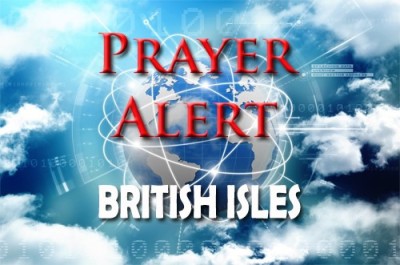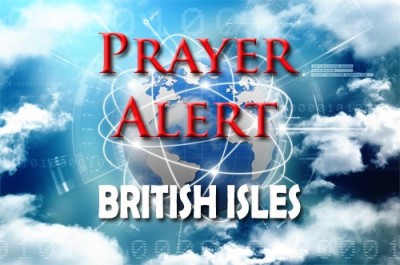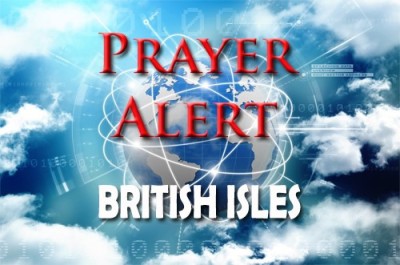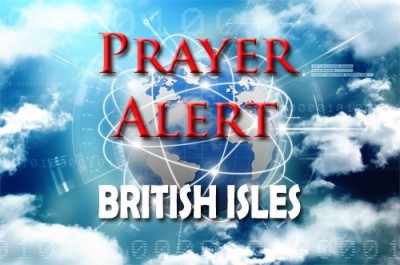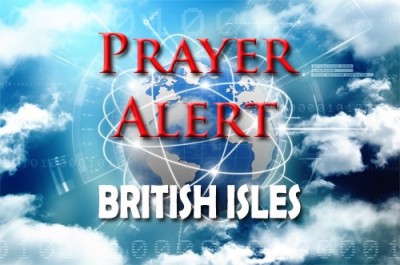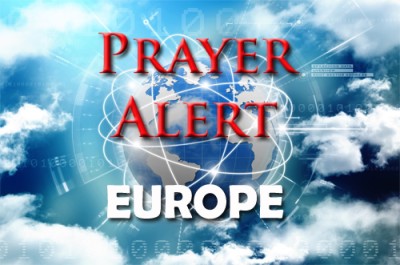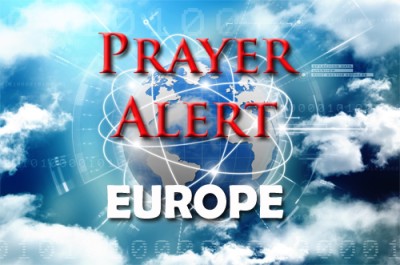Keir Starmer has warned his cabinet of growing civil unrest if urgent action isn’t taken to restore Britain’s 'fraying' social cohesion. At a recent cabinet awayday, Starmer and Deputy PM Angela Rayner urged ministers to address the rising tensions caused by rapid immigration, stagnant living standards, and strained public services. The warnings follow violent protests in Essex and last summer’s Southport riots, which were fuelled by anger over crime and asylum policies. Starmer emphasised the need to restore trust and improve integration, while Rayner highlighted the deepening impact of economic insecurity and community isolation. Calls are increasing for a stronger focus on law and order, better housing policy, and support for deprived neighbourhoods. As protest activity increases, including threats of far-right involvement, concerns are mounting about the government's ability to defuse tensions. Ministers acknowledge a need for action to prevent further breakdowns in community resilience and unity. The government is now under pressure to balance national security concerns with addressing widespread social discontent.
UK foreign aid cuts to hit Africa hard
25 Jul 2025The Government has confirmed sweeping cuts to foreign aid, reducing spending from 0.5% to 0.3% of gross national income to prioritise defence. The deepest reductions will affect Africa, particularly in vital areas such as children's education, women's health, and water sanitation, raising fears of increased disease and death. Bond, a UK coalition of aid organisations, warned that the most marginalised, especially women and children in conflict-affected regions like South Sudan, Ethiopia, and Somalia, will suffer most. Despite claims of a strategic, targeted review, critics argue the government is deprioritising areas like gender equality and humanitarian crises. The UK will maintain funding for certain multilateral partners, including the World Bank’s International Development Association and the Gavi vaccine alliance, while threatening cuts to underperforming global institutions. Aid advocates call for a renewed commitment to protecting vulnerable lives, accusing ministers of prioritising political interests over human dignity. These cuts come amid public scepticism over aid spending and international calls for the UK to do more, not less.
The UK government has announced sweeping new sanctions targeting the global network behind small boat crossings in the Channel. Over 20 individuals and companies involved in people smuggling are expected to be named, including gang leaders, corrupt officials, and suppliers of boats, engines, and forged documents. Sanctioned individuals will face asset freezes and UK bans, making it illegal for UK businesses or banks to work with them. Foreign Secretary David Lammy stated the move aims to hit the 'men in suits' driving this multi-billion-dollar criminal trade. The crackdown includes those using legal money transfer systems, such as Hawala, to finance operations. This comes as the Border Security, Asylum and Immigration Bill moves through Parliament, introducing new offences and counterterror-style powers. A 'one in, one out' pilot with France will also attempt to manage arrivals via safe, legal routes. While challenges remain, the UK is urging its G7 allies to adopt similar sanctions and bolster international resolve against this destructive trade.
Five-day doctor strike will go ahead, says BMA
25 Jul 2025A five-day strike by resident doctors (formerly known as junior doctors) in England will proceed starting 25 July, following talks between the British Medical Association (BMA) and the Government that failed to produce a resolution. Despite five days of discussion, the BMA stated that no credible offer for pay restoration was made. Health secretary Wes Streeting urged the union to postpone the strike, promising to continue talks, but the BMA maintained that pay remains central to the dispute. The Government offered non-pay improvements, such as exam fee coverage, greater rota transparency, and potential student loan forgiveness, but could not offer further pay increases. Resident doctors received a 5.4% pay rise this year, following a 22% increase over the past two years. However, the BMA argues real-terms pay remains 20% lower than in 2008. NHS England is attempting to limit disruption by restricting the cancellation of non-urgent treatments, a move some doctors warn could jeopardise safety. The strike risks renewed pressure on an already strained health system.
Epping, a historic Essex town, remains divided following ten days of protests outside the Bell Hotel, which houses asylum seekers. Tensions erupted after an Ethiopian resident was charged with sexual assault, prompting both peaceful demonstrations and violent clashes. Smoke flares, injuries to police, and arrests followed, with far-right figures reported among the protestors. While some locals insist the protests were motivated by child safety concerns, not race, others fear Epping is being manipulated by outsiders stirring hate. A growing police presence and physical barriers now surround the hotel, with more demonstrations expected. Local MP Dr Neil Hudson has urged the government to close the hotel and condemned violence as 'deeply troubling.' Residents voice mixed views - some fearful and disturbed, others dismissing the unrest as exaggerated by the media. The charity Hope Not Hate warns that far-right groups are exploiting community tensions to spread division. Amid growing anxiety and fractured public opinion, many call for the legal process to be respected and for peace to be restored to the community.
Minehead is mourning the loss of a 10-year-old boy after a tragic school bus crash injured several others. The bus, carrying over 60 students and staff, veered off the road while returning from a trip to the zoo. Churches in the town have responded swiftly, offering prayer, pastoral care, and safe spaces for grieving. Tommy Pratt, a trainee minister at Minehead Baptist Church, described the incident’s deep impact on the close-knit community. Church members with ties to the school were among those affected, and many locals are still 'processing' the shock. Churches across denominations are coordinating efforts to support families, school staff, and medical workers. The Hub café has opened its doors for prayer and conversation, and churches are preparing Sunday services with space for lament and reflection. A GoFundMe appeal has raised over £15,000 for affected families. Amid sorrow, the community’s unified and compassionate response has become a source of strength. Church leaders are praying for God’s peace, healing, and comfort during this time of collective grief.
Ukraine: new peace talks, says Zelensky
25 Jul 2025Volodymyr Zelensky has announced that Ukraine and Russia will engage in another round of talks on 23 July in Turkey. This comes at a time of intensified Russian drone attacks and continued escalation in the long-running conflict, now in its fourth year. While earlier talks have led to prisoner exchanges, little progress has been made toward achieving a lasting peace. Russia’s conditions for ending the war include Ukraine’s full withdrawal from the regions of the country now occupied by Russia, and international recognition of territories it has claimed since 2014, including Crimea. Ukraine, on the other hand, seeks a ceasefire, restoration of its borders (to 2013), return of all abducted children, release of civilians, and the exchange of prisoners of war. Donald Trump has voiced support for increased sanctions on Russia to pressure a resolution, urging both sides to reach an agreement swiftly. The world watches closely as diplomatic efforts resume amid deep divisions and ongoing violence.
Several French cities have introduced night-time curfews for minors in response to escalating violence linked to drug trafficking. In Nîmes, where recent shootings and a brutal murder have shaken residents, authorities have imposed a 9pm–6am curfew for under-16s to shield children from violence and criminal exploitation. Mayor Jean-Paul Fournier described the situation as 'untenable,' blaming drug gangs for fostering a climate of fear. Other cities, including Béziers and Limoges, have implemented similar curfews. However, officials admit enforcement is challenging, with continued youth disturbances and attacks on police undermining their effectiveness. In Béziers, youths recently ambushed officers with fireworks, and Limoges saw unrest involving 100 people. The violence highlights a growing trend of gang activity spreading beyond Marseille, France’s drug crime epicentre. In 2024, drug-related violence claimed 110 lives and wounded over 300. The government is responding with tougher laws, high-security prisons, and expanded investigative powers, but community leaders warn that more than policing is needed to protect young lives and restore peace.
